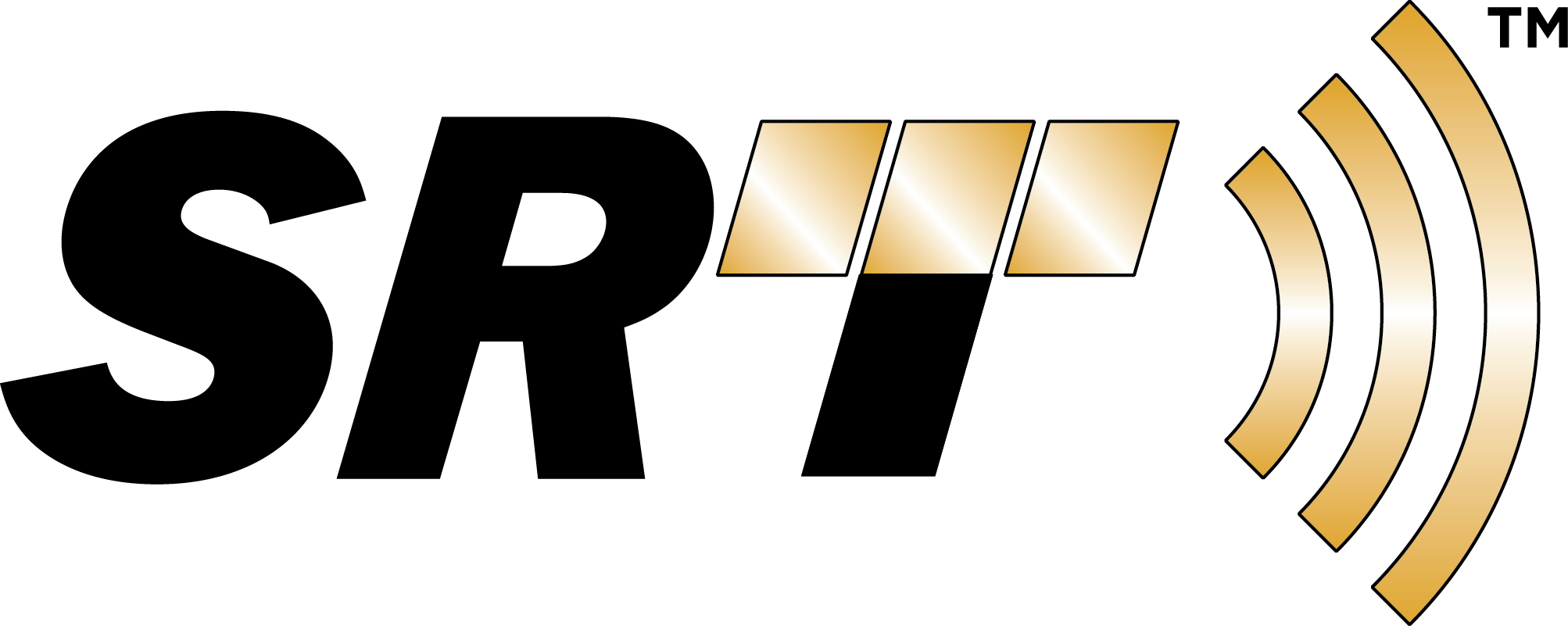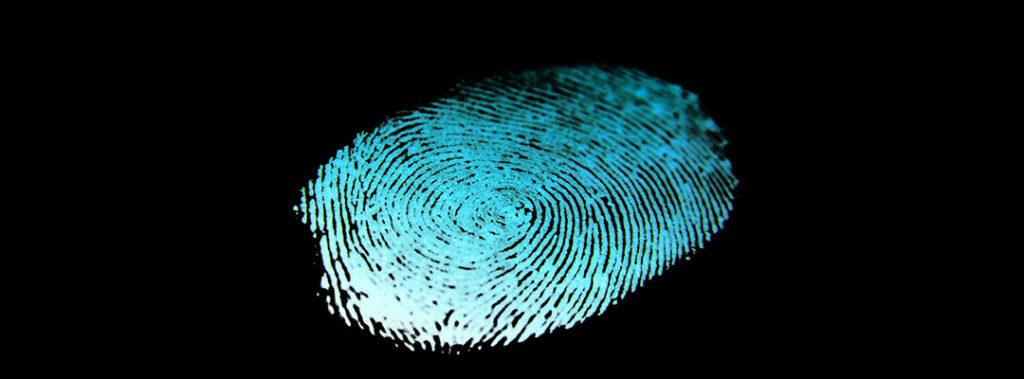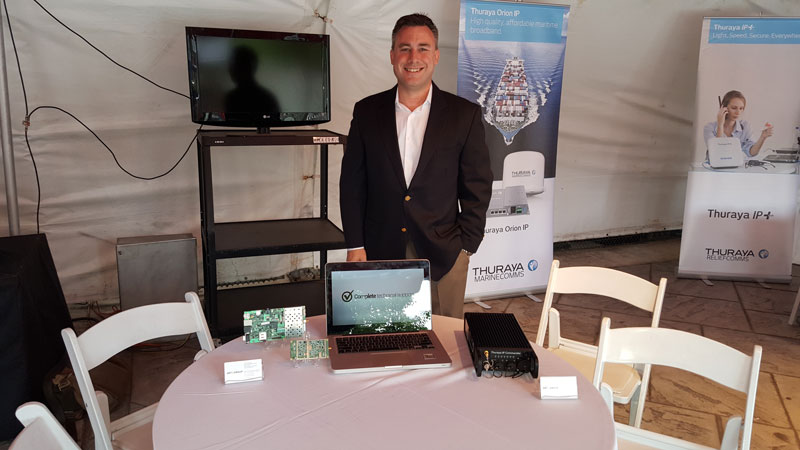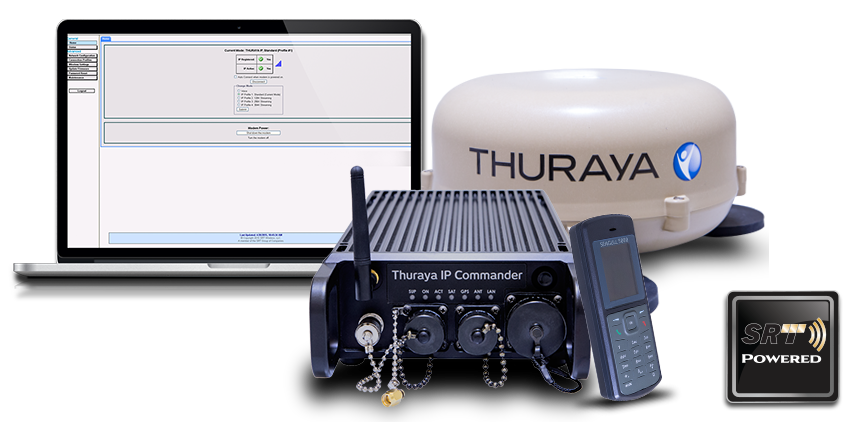By Doreen Hemlock, Sun Sentinel
4:48 p.m. EDT, July 8, 2014
In government circles, SRT Group long has been known for making customized satellite telephone and radio systems in South Florida for use in remote areas like deserts and war zones. Now, the Davie-based firm is branching out to serve commercial customers. And with a new partner in Dubai in United Arab Emirates, it’s also adding jobs and making a name in the business world. Thanks to its commercial push, SRT expects to end this year with roughly 100 employees in Davie and worldwide sales reaching $25 million, both up about 20 percent from last year, executives said.
Credit Rick Lund, the founder who 15 years ago saw the potential in mobile satellite phones that could be used in far-flung areas that lack the infrastructure for traditional land lines or cellular handsets.
In 1999, Lund launched a consulting business in his native South Florida to help military, law enforcement and government customers tailor satellite communications equipment to their needs. The firm started by customizing software. As technology evolved, with terminals shrinking in size and increasing in power, SRT also began making the hardware — all from South Florida — and typically at prices cheaper than its competitors, said Lund. SRT’s pioneering experience in software made all the difference in this niche industry, said satellite communications specialist Tim Farrar, principal of consulting firm TMF Associates of Menlo Park, Calif. “They’re able to write in software what used to be done in hardware,” said Farrar, explaining SRT’s pricing edge. “And they started out working in defense, so they’re familiar with the most advanced technology.”
That software advantage helps explain how SRT engineers developed a simulator to replicate access to a satellite network serving the Persian Gulf, even from areas that can’t access that network directly.
SRT invited staff from Dubai’s Thuraya network to see how the simulator works in the United States. Now, the two groups have become partners, with Thuraya promoting sales of SRT products. Thuraya hopes the satellite-access products can help increase usage of its network, boosting revenue. It’s especially keen on SRT’s “rugged” and “compact” equipment that come in a kit the size of a small suitcase and can easily plug into a vehicle. The kits feature a terminal that allows voice and data communications at broadband speed for mobile devices such as handsets and laptops.
“Simple plug-and-play features enable quick connectivity for mission-critical deployments,” said Asher Faredi, product manager of Land Data at Thuraya, in a news release on the SRT sales alliance. That allows “governments and other users the ability to stay in touch, even in extreme conditions.” SRT could make its high-tech systems anywhere. Some in the satellite industry manufacture in China and develop software in India, where wages and other costs are cheaper than the United States
But SRT executives said the firm can afford to produce in Davie, partly because volumes remain relatively small. Plus, private owners lack the pressures facing companies traded on Wall Street for quarterly profit. Indeed, STR gives 25 percent of profits each year to employees, said Lund. South Florida remains the base, because it’s the long-time home to Lund and his team, including many colleagues with experience in law enforcement or the military.
Yet even Lund admits it’s sometimes tough to find engineering talent locally to expand. He wants to be sure to hire and train personnel to meet high-quality standards before he takes on too many customers. “If one or more satellite companies like Thuraya come to us and we can leverage our technology, we can double our business — like that,” said Lund, snapping his fingers. “So, we have to manage our growth.”
dhemlock@tribune.com, 305-810-5009, @dhemlock on Twitter
Copyright © 2014, South Florida Sun-Sentinel






